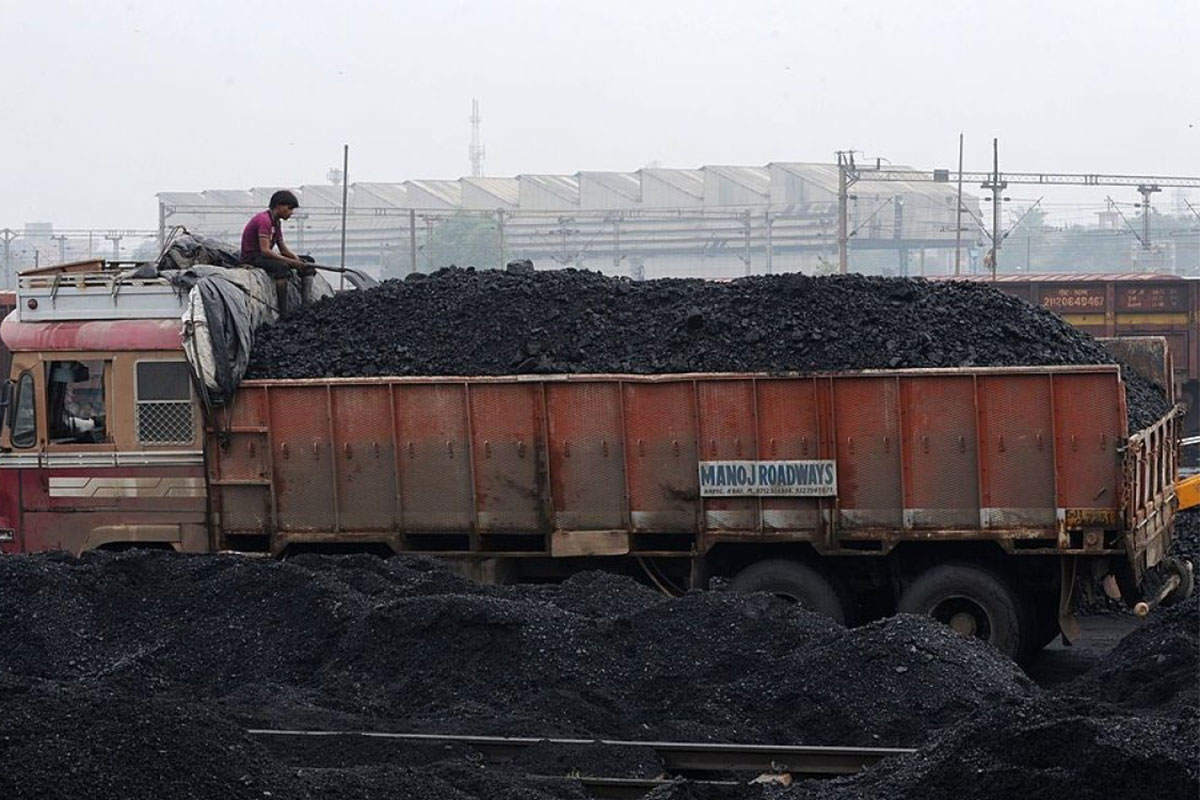The Coal India mines operations have been impeded by the ramifications of Beirut explosion which occurred nearly 5,300 km away in Labanon.
The devastating blast has curbed the production of the mines due to shortage of Ammonium Nitrate, a major element used to blast topsoil to produce coal. Coal India Limited (CIL) targeted to secure 710 mn tons in 2020-21 fiscal year from its 350 operating collieries across the country, incidentally is assigned to ensure 1 bn tons of production by 2023-24 year.
Advertisement
“Scarcity of Ammonium Nitrate in several CIL subsidiaries already has started causing inconvenience to our production and if this situation continues, we may have to face the worst time,” said Sanjay Srivastava, GM (Production), CIL. Srivastava told The Statesman: “Our officials are continuously in dialogue with the port officials in Visakhapatnam as well as with the administrative officials and the police there where the crisis faced by our mines is narrated from time to time.”
CIL buys explosives worth Rs 2,000 crore annually and even the smaller subsidiaries like the Eastern Coalfields Limited (ECL) receive 45 to 50 Ammonium Nitrate loaded tankers a day.
The Beirut explosion meanwhile has posed a threat to the scenario. The Western Coalfields Limited (WCL) has suffered the worst due to halt in supply of the chemical, running 53.58 per cent shortage of supply that requires 321 MT of Ammonium Nitrate a day.
The Bharat Coking Coal Limited (BCCL) that requires 197.5 MT of the explosive chemical is the lone subsidiary which hasn’t recorded any shortage as yet.
The ECL requires 203 MT of Ammonium Nitrate currently has 123 MT in possession and is facing 39.41 percent of shortage (see the picture).
On 4 August, 2,750 MT of Ammonium Nitrate stored in the warehouses in Beirut– Lebanon’s capital exploded, which shook the world causing at least 203 deaths, 6500 injuries and US$ 15 billion property damage, besides rendering an estimated 3 lakh people homeless.
In India, the immediate impact of the blast was an embargo in unloading of the explosive chemical at Visakhapatnam port – the key gateway for its import to India. The MP, Narsaraopet in Guntur in Andhra Pradesh, Lavu Sri Krishna Devarayalu wrote to Prime Minister Narendra Modi to stop import of Ammonium Nitrate until safety and security is ensured.
Considering the present difficulties faced by the CIL mines, Devarayalu told The Statesman today: “After the Beirut blast the entire world went into a flurry and it was highly essential to check the safety status of the warehouses. I had suggested to the PM that the port shouldn’t be made vulnerable and storage of Ammonium Nitrate should be arranged far away from the port and localities.”
As a result, a merchant vessel MV Kraszewski that had reached Visakhapatnam port in the middle of August carrying 20,041 MT of Ammonium Nitrate was stranded and the district authorities suspended berthing of the vessel and ordered that cargo wouldn’t be handled until the concerned government departments give clearance. Ahead of arrival of Kraszewski, Visakhapatnam incidentally was already burdened with 18,000 MT of Ammonium Nitrate stored at a private warehouse close to Eastern Naval Command and Hindustan petroleum Corporation terminal there. The attempt to berth MV Kraszewski and unload cargo was prevented by the city police and the cops enforced orders under 144 CrPC, besides district administration clamping 133 CrPC on 11 October. The ship has been kept waiting at the high seas over two months, followed by four more ships carrying additional 60,000 MT of Ammonium Nitrate. The license of the sole stevedoring company that was handling and storing Ammonium Nitrate was cancelled following alleged non-compliance of norms specified under Ammonium Nitrate Rules, 2012.











